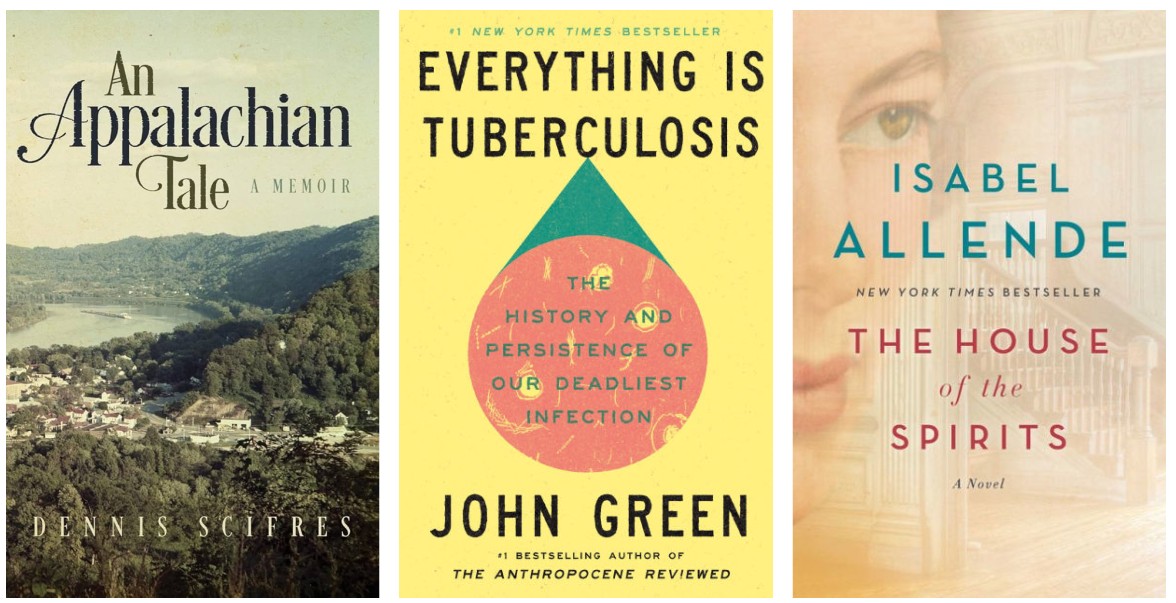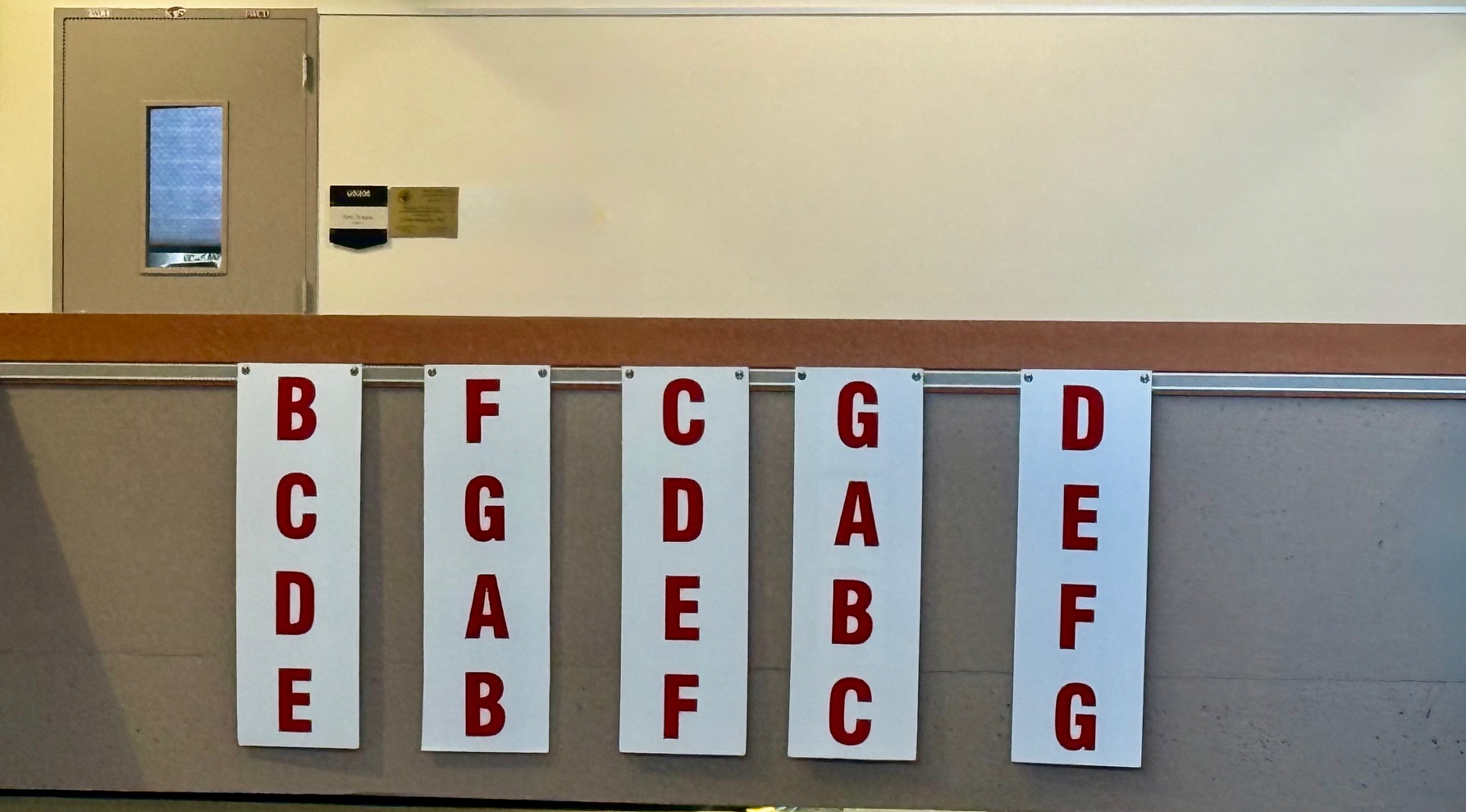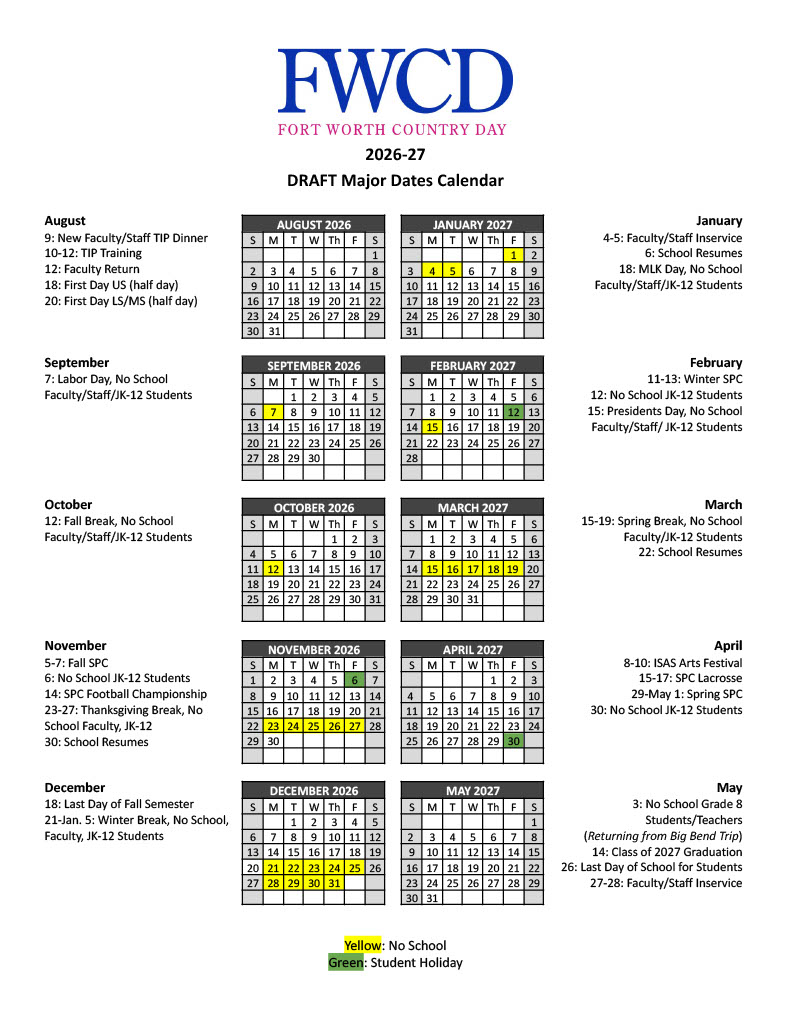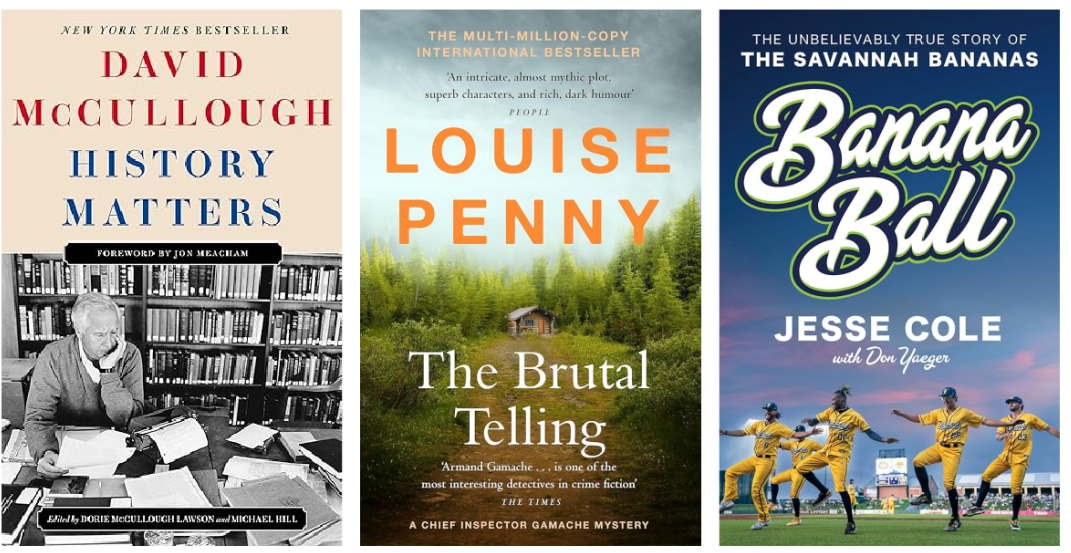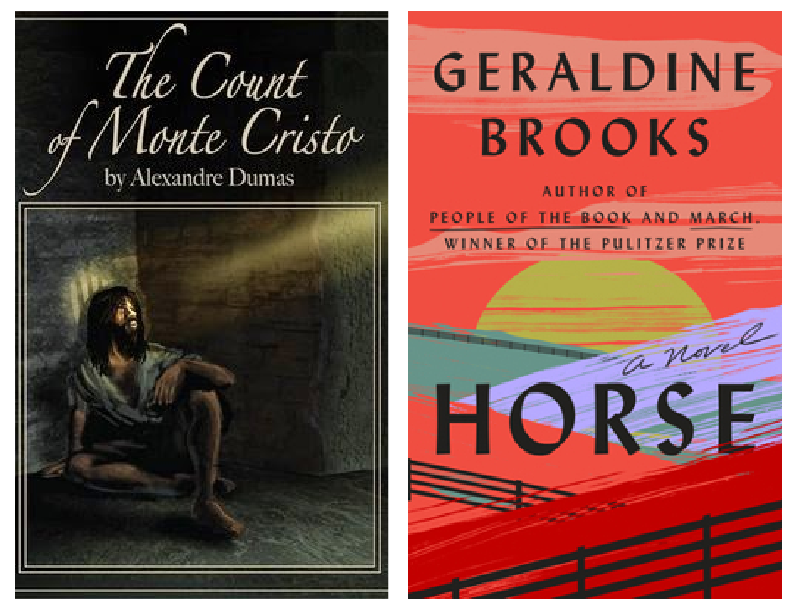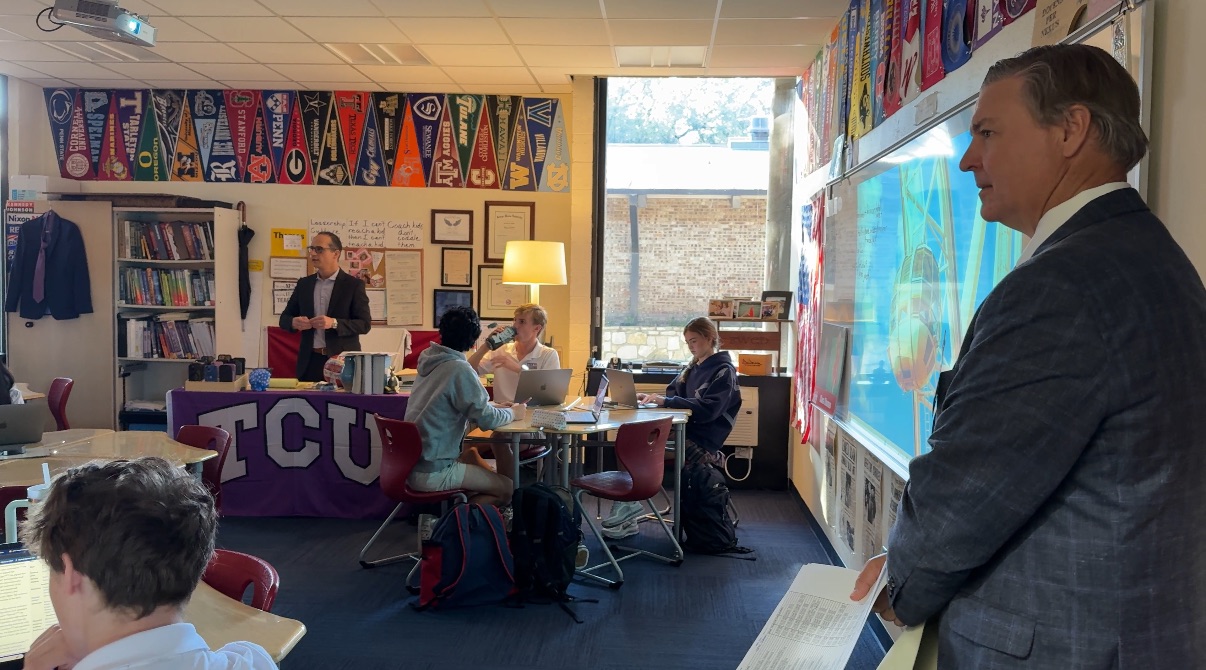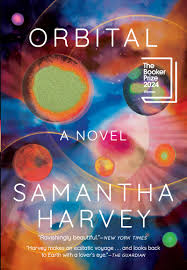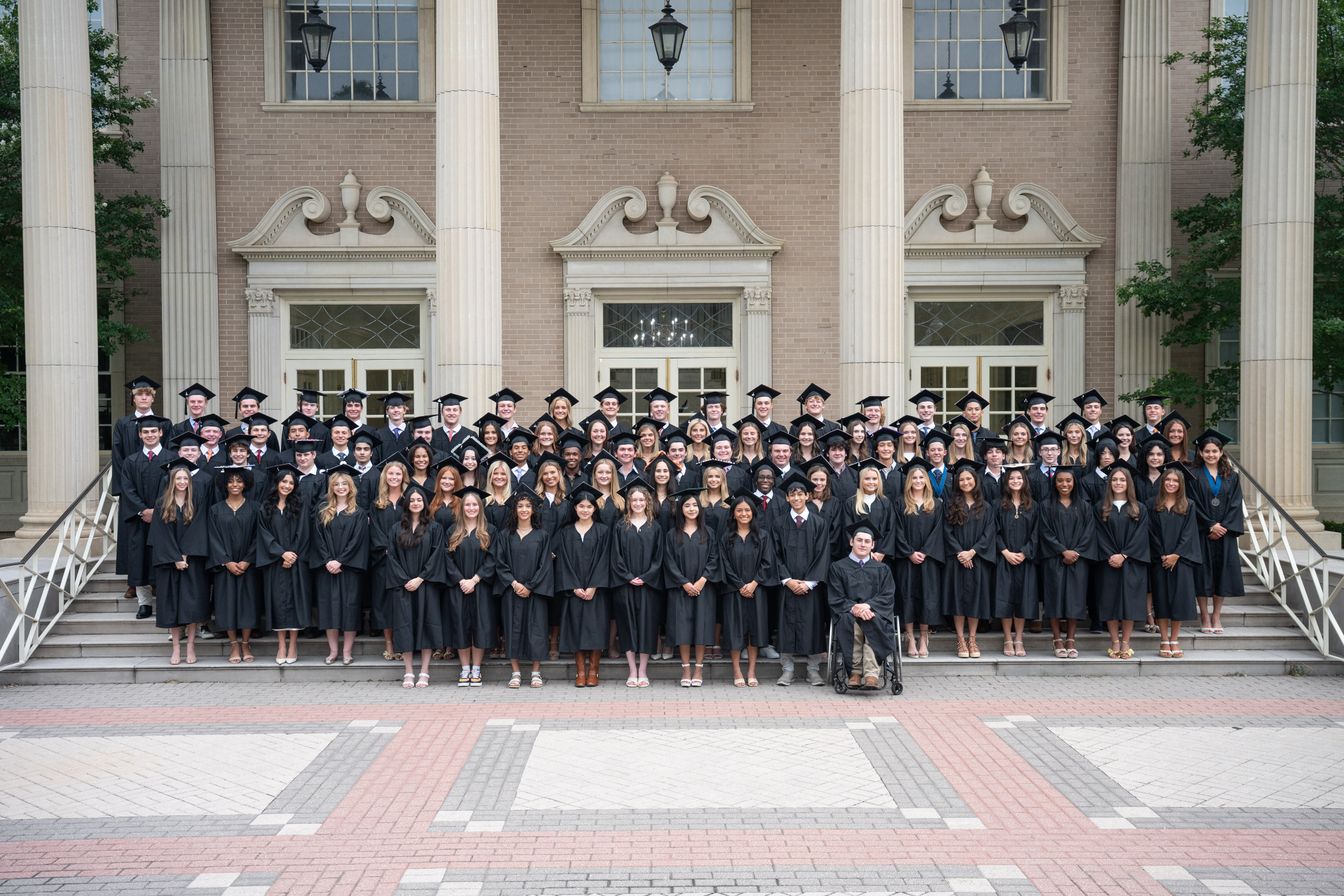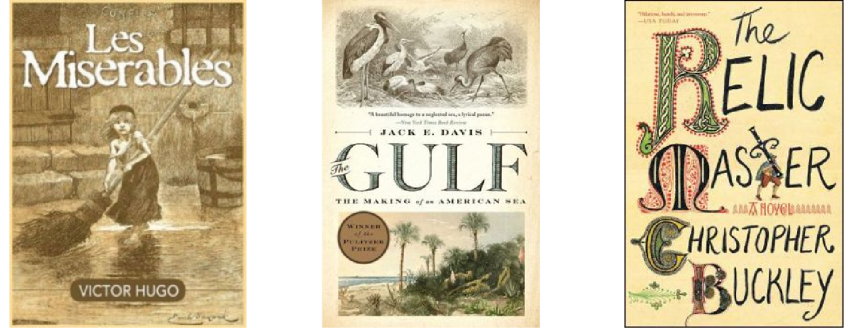Seen Read Heard: September 2025

Check out some of my latest reads: Les Misérables by Victor Hugo (1862), Gulf: The Making of an American Sea by Jack E. Davis, and The Relic Master by Christopher Buckley.
Les Misérables by Victor Hugo (1862)
One of the last books I read to my parents before my father passed away in the spring was a collection of letters his grandfather wrote. The letters told the life story of Cesar Lombardi, beginning with his 1860 emigration from a small mountain town in Switzerland at the age of 14. In addition to detailing his moves, his education, his jobs and his family, Cesar wrote about some of his favorite books. He read Les Misérables, published in 1862, as a new release. The history geek in me loves that reality. He called it the best novel he had ever read. I figured, as one of his descendants, I should read the book.
I listened to the unabridged version. I will not add anything to the volumes of literary analysis on Les Mis. My best learning from the book was about my great-grandfather. I am guessing he liked the characters and the significant appeal of a dramatic story, lots of dramatic stories, really. He probably also liked the major digressions into history and philosophy that Hugo made. I don’t always like getting on the elliptical, but for the months it took to complete the book, I was at least eager to get the audiobook in my headset. I learned some history. I enjoyed the redemption of a one-time criminal who benefited from kindness and then passed the kindness forward. Personally, I appreciated the connection to an ancestor. I saw the musical a while ago. Of course, it sacrificed so much of the tale. I followed the book by binge-watching the PBS Masterpiece Series of Les Misérables. They did a great job casting and screenwriting. The miniseries could not challenge a 60-hour audiobook, but it certainly captured Hugo’s flavor. The fact is, the story is essentially a soap opera plot with lots of need to suspend disbelief, but Hugo creates a compelling “read.”
Gulf: The Making of an American Sea by Jack E. Davis
This was my favorite sort of history book. Davis tells stories well. While writing history, he approached the Gulf we share with Mexico from multiple angles: the economic, the environmental, the political, the social. As is the more recent style, Davis’s endnotes are subtle and undistracting. There was a narrative throughline, and yet the topics varied greatly. I loved the throughline, and I loved the variety. Reading The Gulf reminded me of what I enjoyed about David McCullough’s The Great Bridge: History covering the full richness of a story, not just a timeline. History told with thorough research, yet not making you feel like you were reading research.
I started the book really ignorant of the body of water I spent a lot of time in, thanks to living close to Galveston for many years. I couldn’t help but end my reading a little less ignorant about the various influences on the Gulf and the Gulf Coast over all of time. That sea has been impactful since the start of time. The impact of climate variations and human presence is worth our attention. Maybe one of the best results of reading The Gulf is my new knowledge about the incredible birds. I hope to use that knowledge to lure our birding daughter-in-law down from New Hampshire to see the wonders of Anahuac and Aransas on the Texas Gulf Coast birding trail.
The Relic Master by Christopher Buckley
The Fort Worth Country Day that I joined in 2015 had a longstanding summer reading tradition that included not only students reading, but also faculty and staff. It is a wonderful tradition. A committee identifies several options. Head Librarian Tammy Wolford shares the final titles. Faculty and staff chose a book for the School to purchase for them. We all read over the summer. One staff or faculty member volunteers to facilitate a discussion of the book in our in-service days before the school year begins.
John Shipley, in his 48th year at FWCD, facilitated the discussion I was in regarding The Relic Master. He had done wonderful research on the historical context of this historical fiction thriller. Featuring fictionalized historical figures like Martin Luther and Albrecht Dürer, the novel focused on the collection and trade of church relics, notably the Shroud of Turin. The history teachers in the room for our discussion enjoyed Buckley’s recreation of the early 16th century and its hot topics. The Relic Master was entertaining and reminded me of Buckley’s dad’s very fun Blackford Oakes stories of 20th-century events that somehow always involved William F.’s fictionalized CIA spy.




